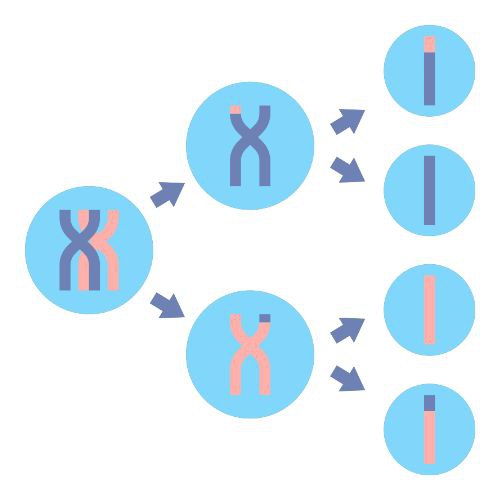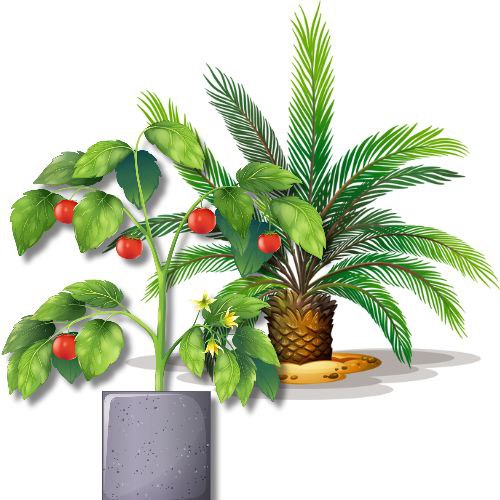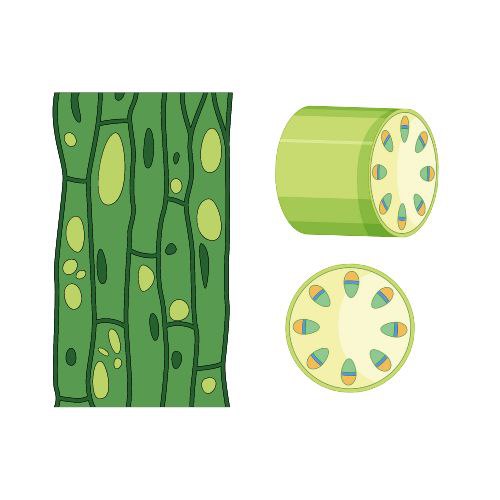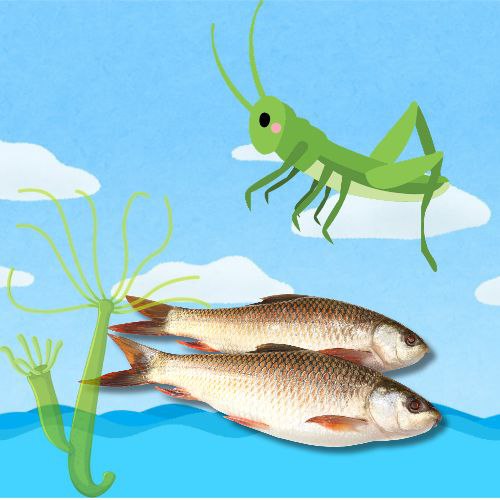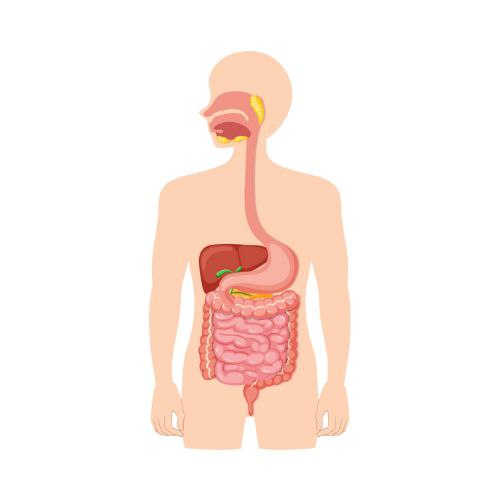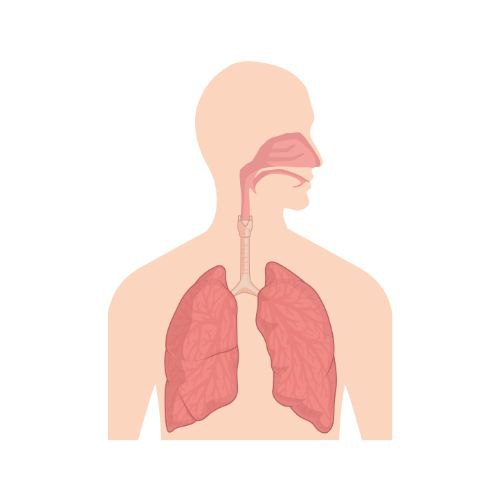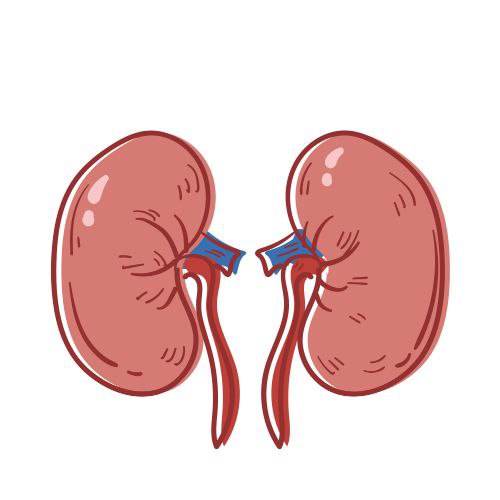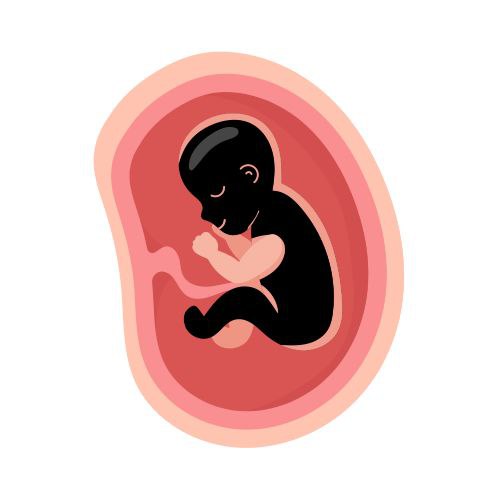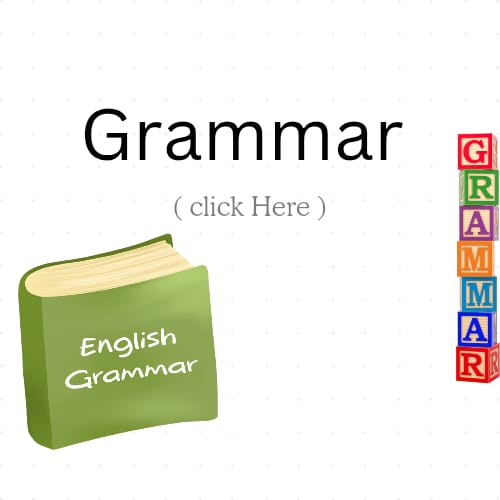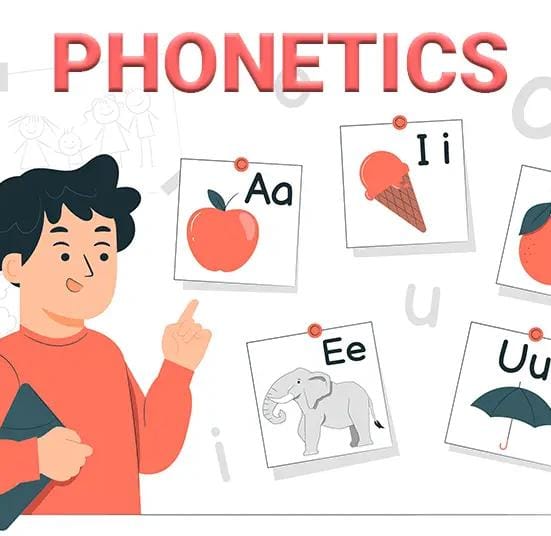Article
In English grammar, articles are words that define a noun as specific or unspecific. There are two types of articles:
- Indefinite Articles (a, an): These are used before singular countable nouns when referring to something in a general or non-specific way.
- Definite Article (the): This is used before nouns (singular, plural, countable, or uncountable) to refer to something specific or previously mentioned.
Rules of Indefinite Articles (a, an)
-
Basic Principle: The choice between ‘a’ and ‘an’ depends on the sound at the beginning of the following word.
- Use ‘a’ before words starting with a consonant sound.
- a book, a car, a university (pronounced ‘yoo-ni-ver-sity’)
- Use ‘an’ before words starting with a vowel sound.
- an apple, an hour, an honest man
- Use ‘a’ before words starting with a consonant sound.
-
Abbreviations: Use ‘an’ before abbreviations that begin with a vowel sound (F, H, L, M, N, O, R, S, X).
- an M.A., an F.R.C.S.
-
Specific Cases:
- Use ‘a’ before words like ‘horse’, ‘heroic’, ‘European’, even though they start with a vowel letter, as their pronunciation begins with a consonant sound.
- Use ‘an’ before words like ‘hour’, ‘honest’, ‘heir’, even though they start with a consonant letter, as their pronunciation begins with a vowel sound.
- Use ‘a’ before singular countable nouns to indicate one of a group or any single item.
- A child needs love.
- Use ‘a’ or ‘an’ before singular countable nouns mentioned for the first time.
- I saw a dog in the park.
Omission of Indefinite Articles (a, an)
- Do not use ‘a’ or ‘an’ before uncountable nouns (e.g., information, advice, water).
- Do not use ‘a’ or ‘an’ before plural nouns.
- Do not use ‘a’ or ‘an’ before names of meals (e.g., breakfast, lunch, dinner) unless they are qualified by an adjective.
- I had breakfast. BUT I had a delicious breakfast.
- Do not use ‘a’ or ‘an’ before abstract nouns unless they are specified.
- Honesty is the best policy. BUT The honesty of the boy is commendable.
Rules of Definite Article (the)
-
Basic Principle: Use ‘the’ before nouns that are specific or have been previously mentioned.
- The book on the table is mine.
- I saw a dog in the park. The dog was barking.
-
Specific Cases:
- Use ‘the’ before nouns that are unique or one-of-a-kind (e.g., the sun, the moon, the earth).
- Use ‘the’ before names of rivers, seas, oceans, mountain ranges, groups of islands, deserts, and directions.
- the Padma, the Atlantic Ocean, the Himalayas, the West Indies, the Sahara, the North
- Use ‘the’ before names of newspapers, holy books, famous buildings, ships, trains, and airplanes.
- The Daily Star, the Quran, the Taj Mahal, the Titanic
- Use ‘the’ before superlative adjectives.
- He is the tallest boy in the class.
- Use ‘the’ before adjectives used as nouns to represent a group of people.
- The rich should help the poor.
- Use ‘the’ before ordinal numbers (e.g., first, second, third).
- He won the first prize.
Omission of Definite Article (the)
- Do not use ‘the’ before proper nouns (names of people, places, etc.) unless they fall under specific categories mentioned above.
- Do not use ‘the’ before abstract nouns used in a general sense.
- Do not use ‘the’ before material nouns used in a general sense.
- Do not use ‘the’ before plural nouns used in a general sense.
- Do not use ‘the’ before names of languages, days, months, or festivals.
- Do not use ‘the’ before names of games or sports.
- Do not use ‘the’ in certain idiomatic expressions (e.g., at home, by train, in bed).
Remember:
- Articles play a crucial role in specifying or generalizing nouns.
- Understanding the rules and exceptions for using ‘a’, ‘an’, and ‘the’ is essential for clear and grammatically correct English.
- Practice and exposure to various sentence structures will help you master the usage of articles.
Please let me know if you have any other questions or would like more elaboration on specific aspects!


